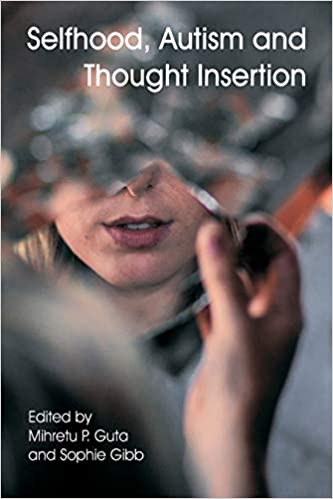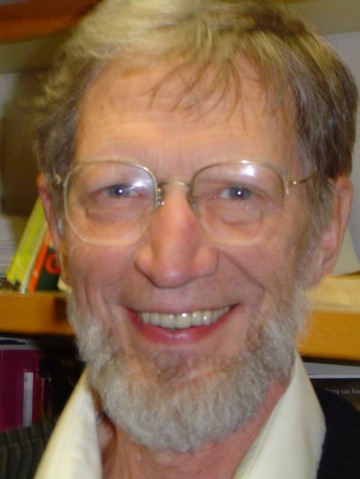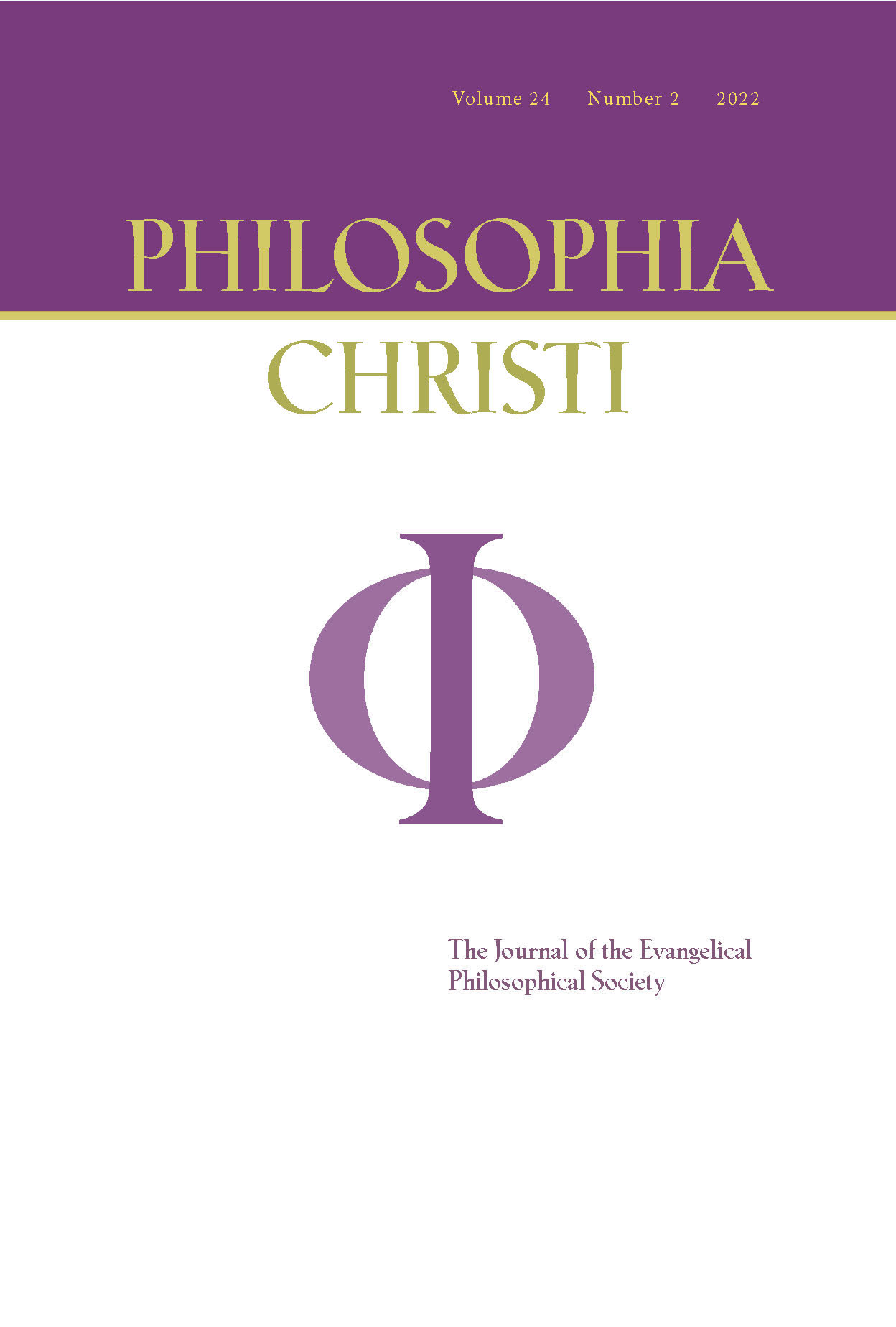Posted on March 31, 2021 by Joe Gorra -
To be human requires relationships, identity, and meaning; a trinity that is exemplified by God the Father, Jesus Christ the Son, and the Holy Spirit.
Within our postmodern post-Christian, and individualistic culture, relational connectivity is unequivocally lacking. Such lack has resulted in the loss identity, initiating a loss of meaning, therein leading to the loss of ourselves.
Utilizing the insights of sociology, psychology, and Christian theology, I will discuss an integrative understanding of humanity’s ontology, regarding relationships, identity, and meaning.
The full-text of this paper is available for FREE by clicking here. The paper is part of an ongoing EPS web project focused on a Philosophy of Theological Anthropology.
Posted on March 31, 2021 by Joe Gorra -
This essay examines what the Eastern Church fathers have to say about bodily immortality by discussing (1) Adamic immortality and the Fall and (2) Eastern patristic understanding of resurrection as immortality.
The soul is that part of human nature that bears God’s image, and this image is what makes it possible for man to partake of the divine nature and become immortal. Had Adam’s higher nature (his soul) done so, this would have raised up his lower nature (his body) to also partake of immortality. But the Fall buries and distorts the image of God, crippling the soul’s capacity to participate in divine life and attain immortality.
This bodily immortality is the true hope of immortality, according to the Eastern fathers. And it is this immortality, not the indissolubility of the soul, which humanity has been created to attain, and which the work of Christ restored.
The full-text of this paper is available for free by clicking here. The paper is part of an ongoing EPS web project focused on a Philosophy of Theological Anthropology.

Imprint Academic just released, Selfhood, Autism and Thought Insertion, co-edited by Mihretu P. Guta and Sophie Gibb. Guta is currently teaching philosophy at Biola University, Azusa Pacific University, and Addis Ababa University. He is also working on a manuscript entitled The Metaphysics of Substance and Personhood: A Non-Theory Laden Approach. Sophie Gibb is Professor of Philosophy in the Department of Philosophy, Durham University. Recent papers are on the ontology of the mental causation debate, the subset account of property realization, and tropes and laws.
From the publisher’s description:
This book, a reprint of a special issue of the Journal of Consciousness Studies, presents engaging and informative analysis of three interrelated notions, namely: selfhood, the first-person pronoun ‘I’, and the first-person perspective. Philosophers have long debated about these notions on non-empirical grounds, often focusing on the question of whether the first-person pronoun ‘I’, beyond its role as a grammatical term, has an underlying implication for the ontology of selfhood. Philosophers continuously grapple with whether the first-person pronoun ‘I’ is a referring expression and, if it is, what its referent is or could be. To give an adequate treatment of such questions, philosophers have begun working across the relevant disciplines. This book highlights some excellent examples of the complex nature of first-person thoughts as they figure in linguistics, autism, thought insertion in schizophrenia, and the phenomenon of mental autonomy. In Selfhood, Autism and Thought Insertion, many of the leading philosophers working on this issue, as well as a few emerging scholars, have written 12 new essays addressing questions besetting the ontology of selfhood. The essays address topics as diverse as reflections on E.J. Lowe’s non-Cartesian substance dualism, physical determinism, the metaphysics and anti-metaphysics of the self, animalism, neo-Lockean persons, rationality and the first person, whether the first person is essentially a linguistic concept, first-person and third-person perspectives and autism, consciousness, the first-person perspective and neuro-imaging, thought insertion, and mental autonomy. The contributors to this volume do not agree in all of the details associated with the notion of selfhood, yet they all have a common conviction that the central questions besetting it must be taken seriously.
In 2011, Guta published an article in Philosophia Christi on “Frank Jackson’s Location Problem and Argument from the Self” (vol. 13, no. 1).
Posted on March 1, 2021 by Joe Gorra - EPS at AAR/SBL
The Evangelical Philosophical Society is now accepting proposals for EPS sessions at the American Academy of Religion (AAR) and Society of Biblical Literature (SBL) Annual Meeting in San Antonio, Texas, November 20-23rd.
EPS members (sign-up/renew) are welcome to propose panels devoted to a theme or book. Please consider proposals that would be on topics of interest not only to EPS members, but also to other philosophers, religious studies members, and theologians of AAR & SBL.
Your proposal should include:
- Description of the topic (1 paragraph).
- Names and affiliations of the panelists (and a brief mention of their respective contributions).
Please limit your proposal to 250 words.
Deadline: May 1. Please send your proposal as text typed into an e-mail to Scott Smith (scott.smith@biola.edu). William Lane Craig will review the proposals.
Come participate in the 2021 virtual APA Central Division meeting (February 22-27), including the following Evangelical Philosophical Society session:
Date: Thursday Evening, February 25, 7:10–10:10 p.m (CST)
Topic: “Evangelicalism and Race”
Description: In light of the Summer 2020 protests for racial justice, and the disparate impact of COVID-19 on racial minorities, now is an opportune time for evangelical philosophers to reckon both with evangelicalism’s role in racial injustice, and with how it might contribute to furthering racial justice. Panelists may discuss any of the following themes:
- HISTORICAL ROLE: How has evangelicalism in general, and evangelical philosophy in particular, contributed (negatively or positively) to the current state of affairs in our society on issues of race? Where have evangelicals contributed to racial injustice? Where have evangelicals contributed to racial justice? What kind of reckoning(s) within evangelicalism are necessary in order for the tradition to orient itself towards gospel-centric racial justice?
- SCHOLARLY RESOURCES: What scholarly resources in the evangelical tradition, and within evangelical philosophy in particular, are there to address the racial injustice that exists within the tradition itself? What can those resources contribute to addressing racial injustice as a whole? How can evangelicals develop more such resources?
- LEARNING FROM OTHER BELIEVING INTELLECTUALS: What are some differences between how evangelicalism in general, and evangelical philosophy in particular, has addressed (or failed to address) issues of race, and how other Christian intellectual traditions have addressed these issues? What can we learn from the approaches of other traditions?
- FUTURE DIRECTIONS: What do you see as the current vocation of evangelical intellectuals, and of evangelical philosophers in particular, given the contemporary movements towards racial justice as exemplified in, e.g., the Black Lives Matter movement?
Panelists:
Posted on February 17, 2021 by Joe Gorra - alvin plantinga

The American Philosophical Association (APA) is currently accepting submissions for the inaugural Alvin Plantinga Prize.
Submission deadline: March 30, 2021.
From the blog of the APA:
The APA’s newest prize was established in honor of Alvin Plantinga, John A. O’Brien Emeritus Professor of Philosophy at the University of Notre Dame and a past president of the APA Central Division. The Alvin Plantinga Prize is funded through the generosity of the Bossenbroek Family Foundation. The prize will recognize original essays that engage philosophical issues about or in substantial ways related to theism. One prize of $10,000 and up to two honorable mention prizes of $5,000 each will be awarded annually. Submissions must be in English, within the range of 6,000–10,000 words. Submissions will be assessed according to canons of excellence for which Alvin Plantinga is eminent: clarity, rigor, and originality.
Any APA member may submit an essay. To submit an essay by March 30, fill out the submission form.
Posted on February 16, 2021 by Joe Gorra -
Posted on February 15, 2021 by Joe Gorra -
Engaging Paul Moser’s Christ-Shaped Philosophy (CSP), this paper argues that listening is a philosophical virtue that is an essential characteristic of the Christ-shaped philosopher by meeting the Divine Love Commands (DLC).
The paper first highlights the pertinent parts of Moser’s project that relate to the thesis of the paper – specifically that a defining feature of CSP is characterized by one’s Gethsemane union with Christ. The paper then follows with a discussion on the central role that listening plays in Scripture regarding the life of a child of God, providing a basis upon which to understand listening as meeting the first DLC.
Drawing upon the works of thinkers such as Paul Moser, Dru Johnson, and Carol Harrison, among other, the paper engages the role of listening in one’s engagement with others, thus meeting the second DLC.
The paper concludes by engaging the art of listening as a philosophical virtue, employing Rebecca Konyndyk DeYoung’s definition of ‘virtue’ and Suzanne Rice’s exploration of listening as a Christ-shaped philosophical virtue.
The full-text of this paper is available for FREE by clicking here.
Posted on December 31, 2020 by Joe Gorra -
In summing up what he has explored in Descartes, Frederick Copleston complains that many later philosophers have ignored “the most important aspects of [Descartes] philosophy when we consider it in its historical setting.” They insist, he says, on depicting Descartes as replacing “the ancient and medieval problem of reason, [with] the modern problem of consciousness.”
Through an engagement with Copleston, this essay offers up a significant contribution by Descartes to the history of philosophy despite common criticisms in the history of philosophy and theological anthropology.
The full-text of this paper is available for FREE by clicking here. The paper is part of an ongoing EPS web project focused on a Philosophy of Theological Anthropology.




